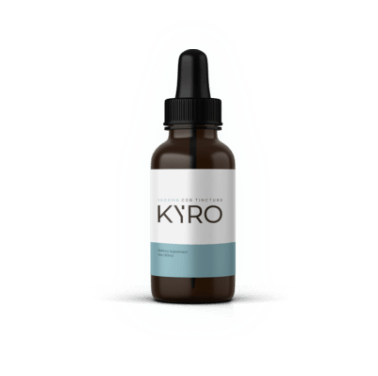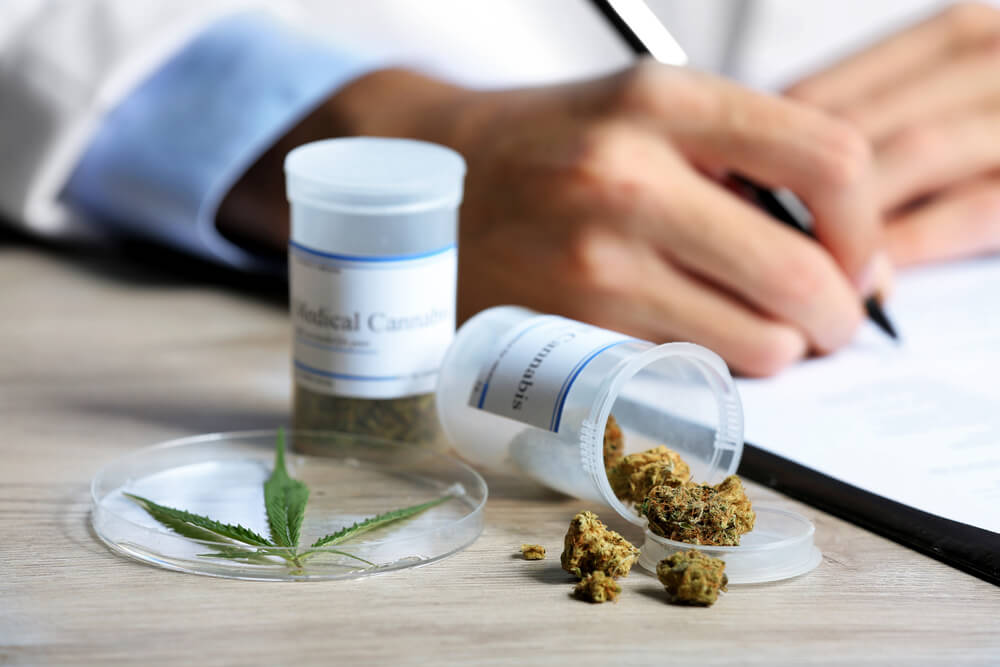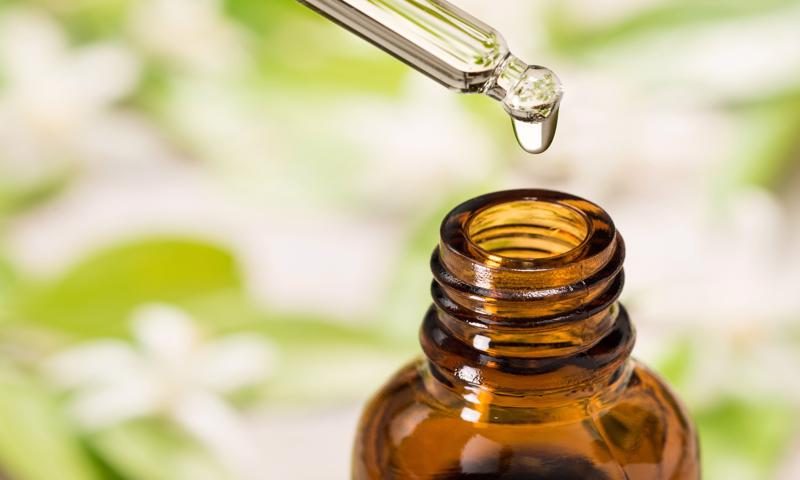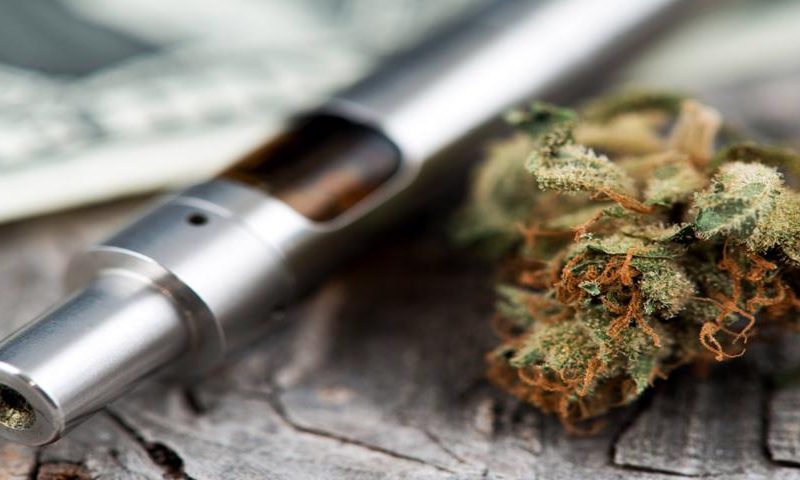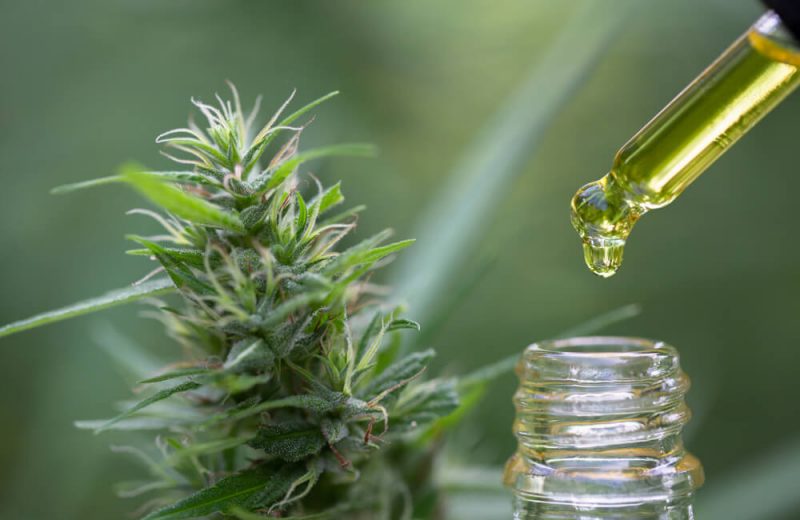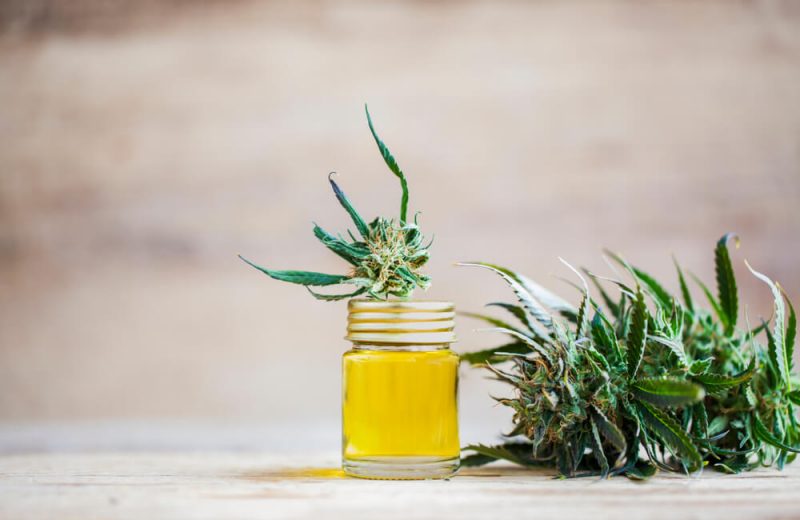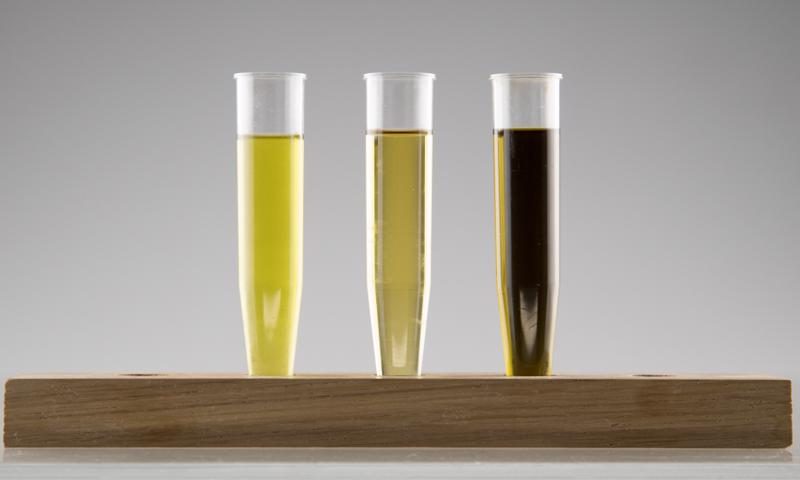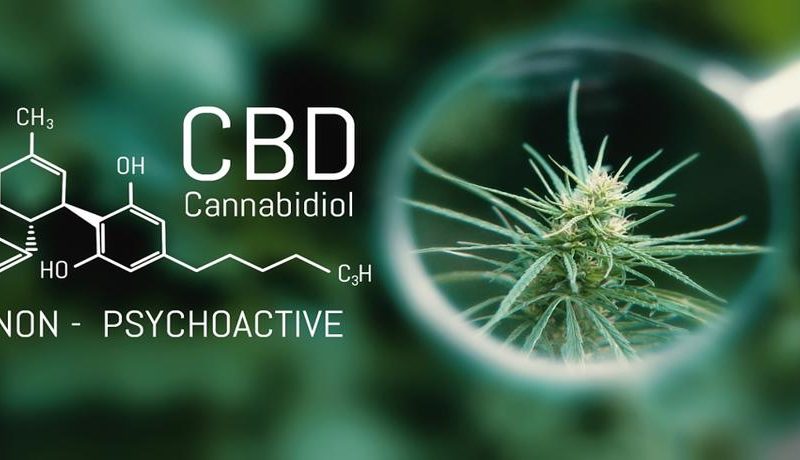Virginia lawmakers are fine-tuning legislation that would allow staff at nursing homes to administer CBD to residents.
Two bills are now making their way through the approval process to work in line with the state’s growing medical cannabis program.
SB 185, sponsored by Sen. Siobhan Dunnavant, R-Henrico, would allow those working at nursing homes, hospices, and assisted living facilities the ability to give CBD and THC-A oil to residents who have a certification to take it.
SB 885, sponsored by Sen. David W. Marsden, D-Fairfax, would remove criminal liabilities from analytical lab workers who transport and possess the substances while at work. Both bills are now headed to the House floor.
Legislation has also been brought forward by Marsden to protect individuals from possession charges for having CBD oil or THC-A oil on their person, as long as they have a valid certification from a practitioner.
Sen. Dunnavant told a Senate panel that the bill is necessary so care staff can be authorized to store and administer cannabis products. Registered nurses and licensed practical nurses can already administer the oils legally, and school nurses are now protected from prosecution for possessing and distributing them in accordance with school policy.
While several nursing homes and living facilities do now allow the use of CBD oils at their locations, Marsden said the bill is an opportunity for further medical marijuana research in Virginia.
The state currently allows companies to manufacture and dispense cannabis-derived medications that do not exceed 10mg of THC per dose.
Marsden said, “If a laboratory is going to handle a drug that is marijuana, they need immunity from prosecution. Even if we go into decriminalization, that still has some civil penalties for it.”
CBD user Brion Scott Turner, from Richmond, told Rochester First he was glad the oils were becoming more available to help with both his own and his family’s medical conditions.
He said, “I use a CBD infused lotion for my psoriasis. It gives me relief from the itching and psoriatic arthritis that comes with it. My mother uses CBD for anything from lower back pain, helping with an upset stomach or even migraines.”
Cannabidiol products, derived from the hemp plant, became legal when the Farm Bill was passed in 2018. Although only one CBD drug to treat two rare forms of epilepsy is FDA-approved, CBD users claim it can help with a variety of health issues including anxiety and chronic pain.
To meet FDA regulations, CBD products cannot contain more than 0.3% THC – the psychoactive chemical found in cannabis. The administration is still looking into how it can regulate the ever-growing CBD market more thoroughly.
THC-A is the non-psychoactive version of THC, which has been used to treat seizures and arthritis in the past.
CBD oil is thought to be particularly beneficial for seniors, with some studies researching how it could affect pain management with conditions such as Parkinson’s, sleep, and even dementia patients.
Other cannabis bills are also moving through the General Assembly. HB 972 aims to decriminalize cannabis possession down to a civil penalty of no more than $25.
HJ 130, which is currently working its way through the Senate Rules Committee, will direct the Joint Legislative Audit and Review Commission to look into the regulation of cannabis products both medicinally and recreationally.
SJ 67, which has already passed both the House and Senate, seeks to study and make recommendations on how the state should go about growing and selling marijuana, although those recommendations are not due until July 1, 2022.

